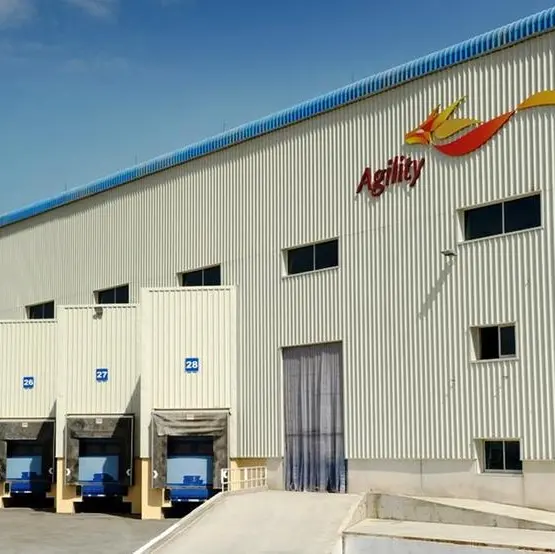PHOTO
Parkin – the public joint stock company tasked to operate and manage public parking spaces in Dubai – is looking into expanding its services to privately owned developments, including shopping malls, airports, and other high-traffic facilities, the company said on Tuesday.
Leveraging its experience and technology, Ahmed Hashem Bahrozyan, chairman of Parkin’s Board of Directors, said: “We are planning to expand to private developments and properties as part of our expansion plans. We have about 30 years of experience and end-to-end solution. We have the right to compete for parking services at malls and other private developments.”
Parkin, which was created as a PJSC in January this year, has a 49-year concession agreement with RTA to manage and operate “all existing and new public parking facilities in Dubai.”
Parkin currently operates about 179,000 paid public parking spaces and it has seven contracts with private developers to manage approximately 18,000 parking spaces, “with significant potential for expansion in existing and developing areas.”
Bahrozyan, however, clarified that the decision to implement paid services in shopping malls or hypermarkets will remain with the property developers. “If malls want to charge for parking or (make the service) remain free, it will be the decision of their management,” he told reporters during Parkin’s announcement of launching an initial public offering (IPO) and listing on the Dubai Financial Market (DFM).
In December last year, Salik – the first entity from Dubai’s Roads and Transport Authority (RTA) that was converted into PJSC in June 2022 – announced implementing “barrier-free paid parking services” at Dubai Mall that will be made operational by third quarter of 2024. The mall has more than 13,000 parking spaces, which are free of charge at the moment.
Other malls and hypermarkets have already parking charges in place but they are all using a barrier system. At Mall of the Emirates, for instance, parking is free only for the first four hours on week days (Monday to Friday). After that, a parking fee applies for every additional hour or part of an hour – from Dh20 for five to six hours of parking, up to Dh350 overnight. Parking is free on weekends and public holidays.
Expanding operations
Addressing a question posed by Khaleej Times, Parkin CEO Mohammed Al Ali reiterated the company is actively exploring multiple opportunities to expand agreements with private developers across Dubai.
He underscored “it is feasible for the company to expand operations at shopping malls, given that Parkin is managing 91 per cent of all (public and private) of Dubai’s parking operations.
He added in a statement: “Parkin will operate at the centre of the city’s exciting and ambitious growth plans. Powered by market leading technology with robust digital infrastructure and a highly experienced management team, we will continue to enhance and expand our ability to provide seamless, sustainable, and innovative mobility solutions and services to make every journey in Dubai a world-class experience for decades to come.
Al Ali noted 90 per cent of Parkin transactions are digital. It offers six payment channels, including parking metres and payment via RTA App; AppClip (via QR code); WhatsApp; seasonal parking cards and SMS. Parking payment can also be done on ApplePay, as well as Nol, debit and credit cards; and cash.
Parkin also digital surveillance and smart parking inspection scan cars. It is also implementing full digital and paperless fines notification and payment.
Parkin also uses AI tools to estimate parking availability for EV (electric vehicle) customers and parking availability for People of Determination.
Tariff adjustments
As part of the concession agreement, “Parkin has the right to submit requests to the RTA to accelerate the launch of new parking facilities within existing and developing areas with increased activity in Dubai”
There is also a well-defined mechanism to protect Parkin against future inflation impacts, requiring the Company to formally request a tariff adjustment every two years to reflect the cumulative impact of inflation
The Executive Council of Dubai reserves the authority to approve any requested changes in tariffs to ensure that any revisions protect investors; are aligned with Dubai’s social goals; and form a fair framework for customers.
Copyright © 2022 Khaleej Times. All Rights Reserved. Provided by SyndiGate Media Inc. (Syndigate.info).





















